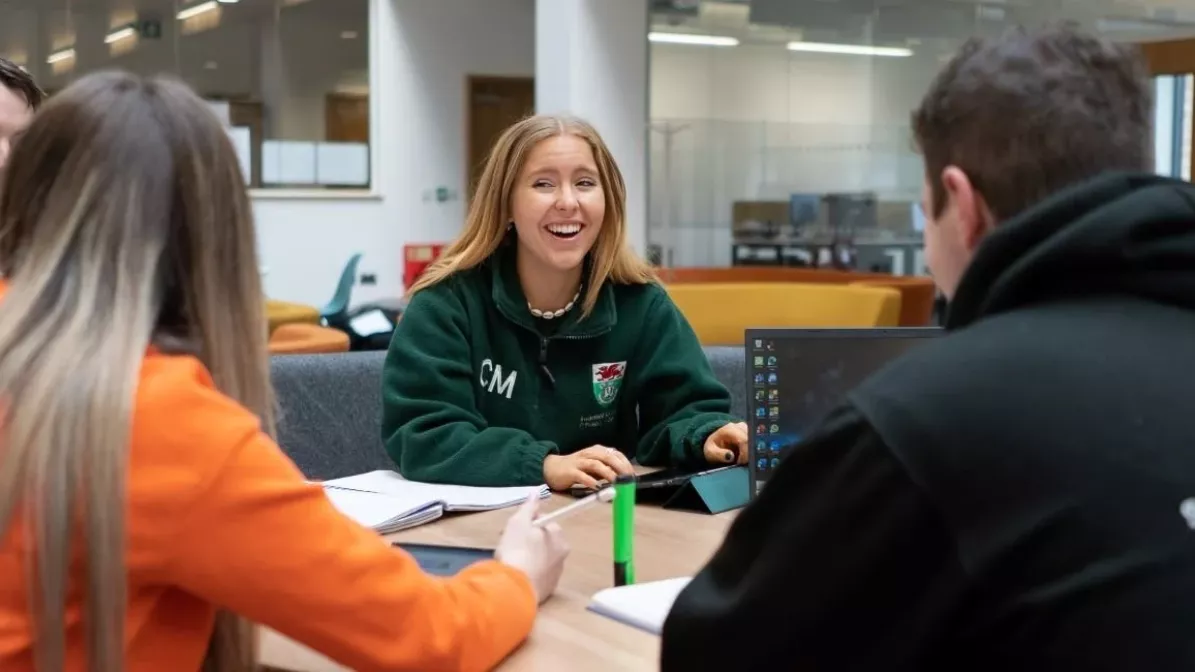
Personal statement subject-specific guides
Find out what universities and colleges want to see in your personal statement and how to set yourself apart, with our subject-specific personal statement guides. Packed with relevant examples, and lots of ideas to start your research and make sure your answers are filled with great evidence to prove your suitability and interest in your course.

